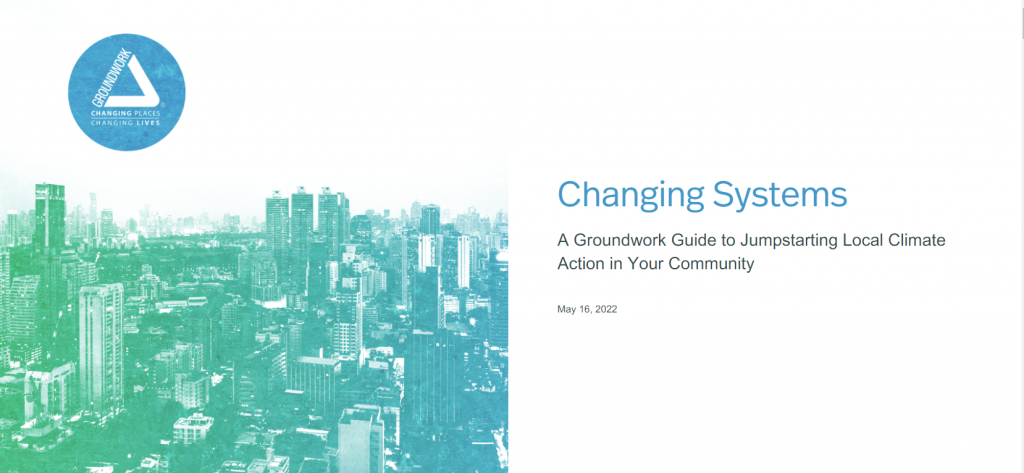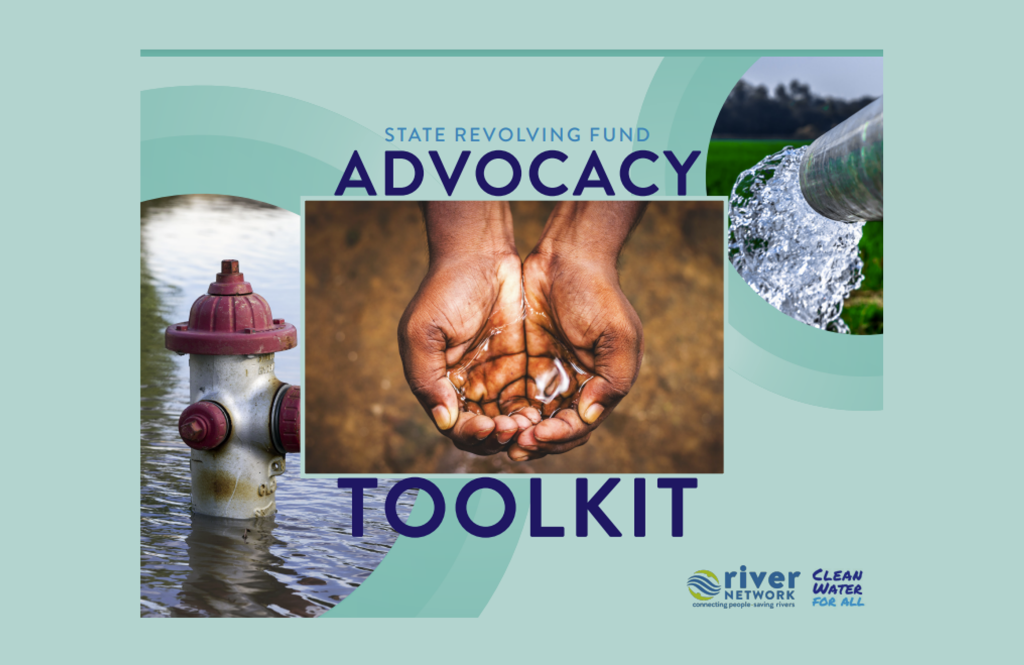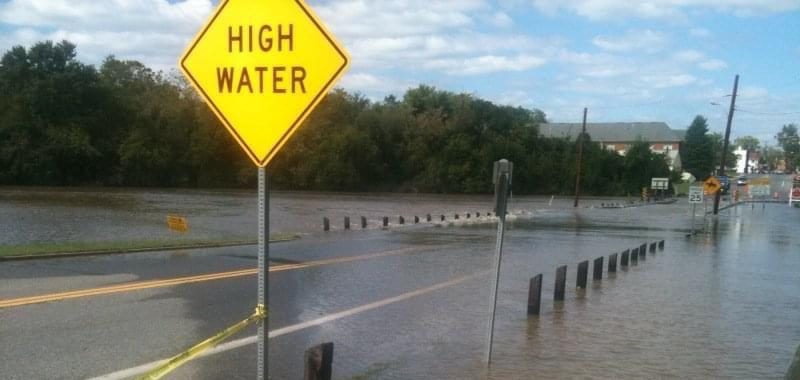Transforming Waterways, Revitalizing Neighborhoods
The Urban Waters Learning Network is a peer-to-peer network for sharing practical on-the-ground experiences in order to improve urban waterways and revitalize the neighborhoods around them.
Network News
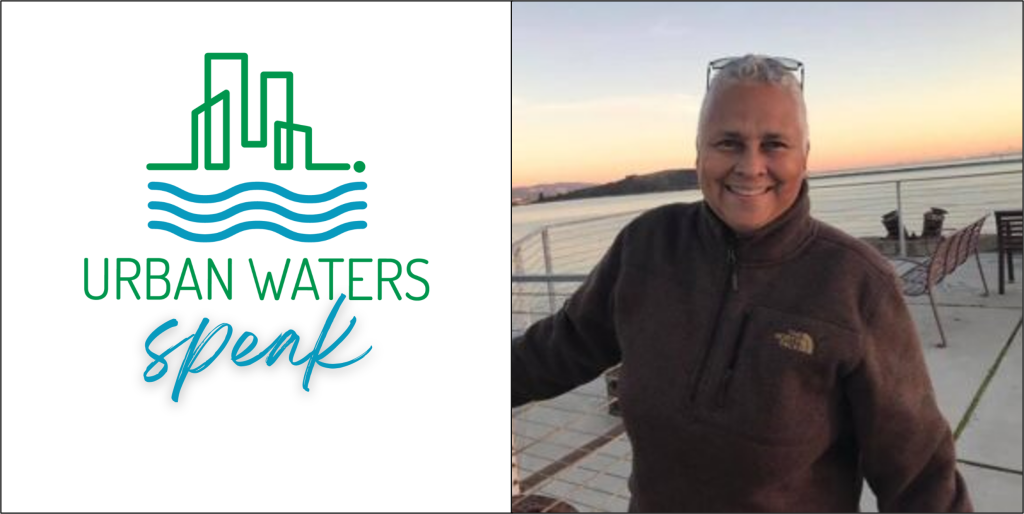
Member Highlight: Sarah Calderon
Recorded on August 4, 2023, Renée Mazurek, Resilient Communities Manager for River Network and team member of the Urban Waters Learning Network, interviews Candida Rodriguez, the Director of Community Relations for Groundwork Hudson Valley.
Network Blog
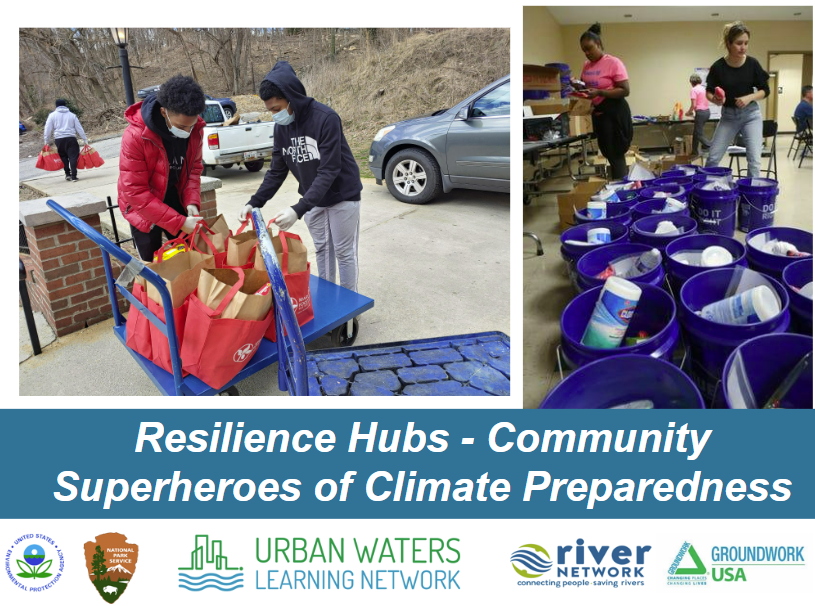
Q&A and Resources: Resilience Hubs Learning Session
On September 25, 2023, the Urban Waters Learning Network (UWLN) hosted a learning session entitled, Resilience Hubs as Community Superheroes of Climate Preparedness and Disaster Recovery. This blog post is a follow-up to the session to share resources and address some of the questions that were posed in the chat during the session.
Featured Resource
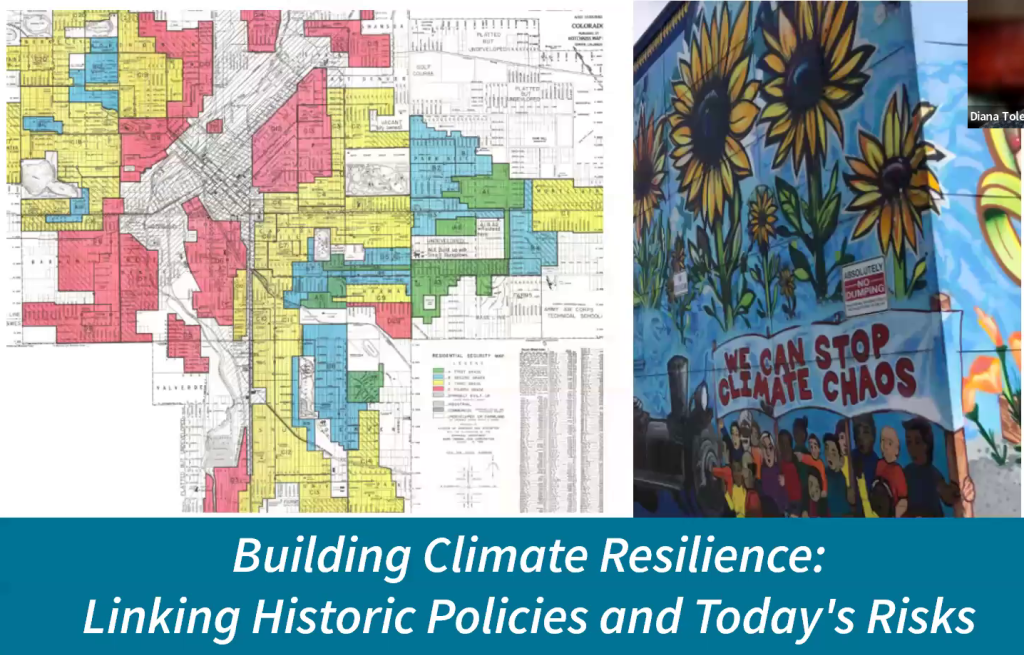
Learning Series: Building Water Equity and Climate Resilient Communities for ALL
In this 6-part series, we will highlight a variety of strategies that community-based organizations can use to help their communities anticipate, prepare for and respond to climate risks such as flooding, coastal storms and drought, with a focus on protecting community members who are most vulnerable to climate threats.

